We caught up with the brilliant and insightful Kari Spencer a few weeks ago and have shared our conversation below.
Hi Kari, thanks for joining us today. What were some of the most unexpected problems you’ve faced in your business and how did you resolve those issues?
The Great American Seed Up has always been a big experiment. In 2015, we established a festival bustling with gardeners and filled with more than 100 varieties of seeds ready to literally be scooped up and taken home for planting or saving.
With the onset of the pandemic in 2020, seed companies saw a sharp and sudden increase in demand. Gardeners, especially those who were new to growing food, were dismayed to discover that the seeds they needed were in short supply. Unexpectedly high demand pushed fulfillment operations past capacity. As a result, sales had to be suspended by many suppliers as they strove to catch up.
Against a backdrop of shortages, GASU had access to plenty of seed to meet the needs of its customers. But hosting a large festival was not feasible for the foreseeable future. I was very disappointed that we couldn’t host a live event. We had seeds, but couldn’t distribute them.
Faced with an uncertain future, we began to brainstorm ways to get bulk seeds to their customers without raising prices or losing the sense of community, despite social distancing challenges.
The solution: Seed Up in a Box (SIB).
GASU moved all sales online, making seeds available in SIB bundles that contained enough bulk seed for 10 oversized portions. This was new and uncharted territory from an operational standpoint.
Our team knew we didn’t want to become a seed packaging company. We needed to come up with a different model to reduce costs and workload for us! Putting seeds in bulk bags and having our customers portion them into their own smaller bags provided a mechanism for getting seeds to our customers without increasing our workload astronomically or raising prices.
We encourage customers to shop collectively, as community gardens, churches, friendship circles, or groups created via social media. Bundles are sized to provide enough seed for diverse groups such as neighborhood co-ops. Included with each bundle is a guide for creating seed swaps to distribute the seeds with Covid-19 safety in mind.
Additionally, we moved access to seed education to an online Student Portal. Customers are given access to seed classes that they can watch or listen to at any time.
Although we have resumed our in-person festival, we will continue to offer Seed Up in a Box. The pandemic forced us to pivot. It provided the opportunity to move into online sales and education, which has allowed us to reach more gardeners than we could have if we had stuck solely with local events.
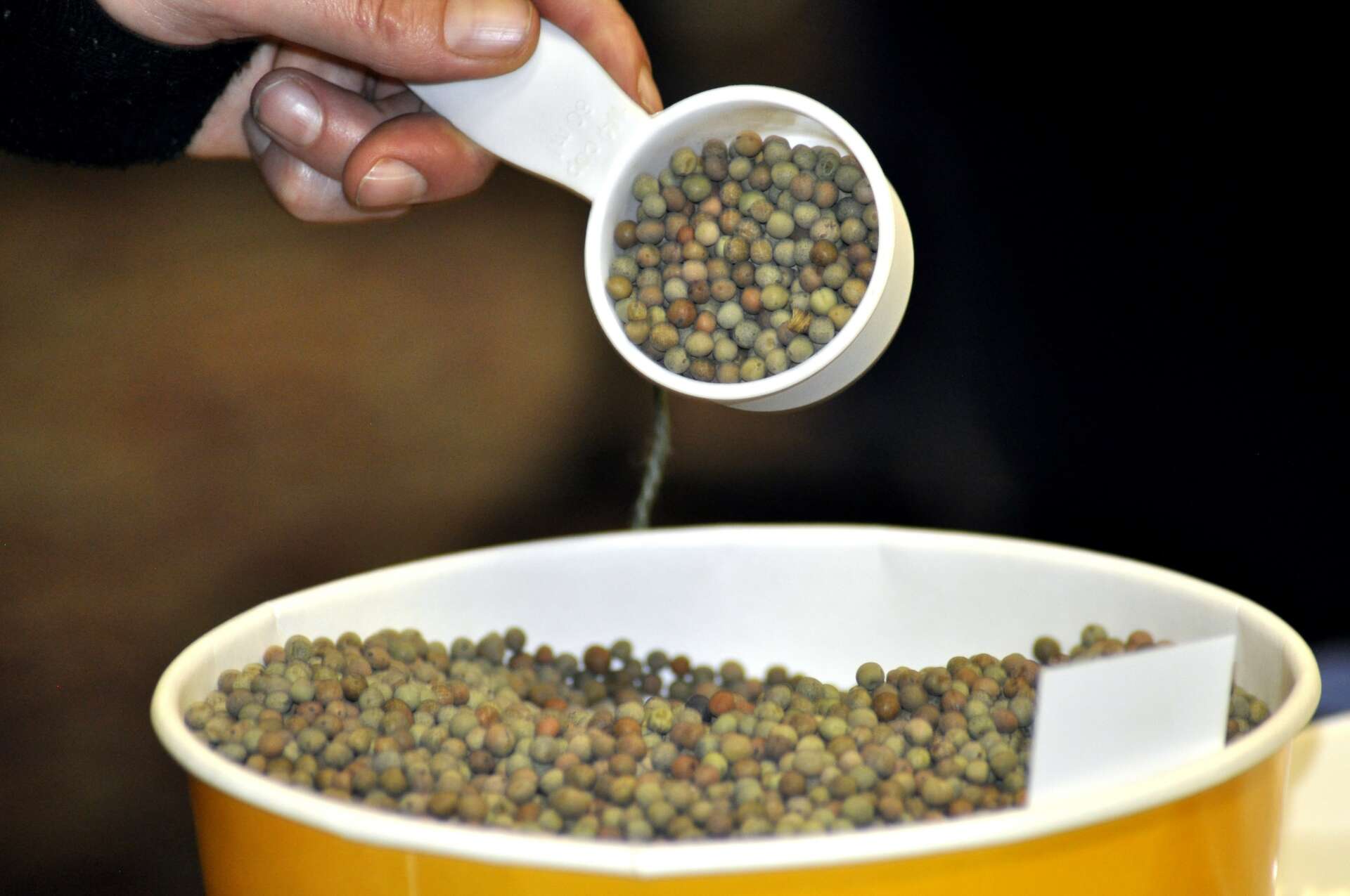
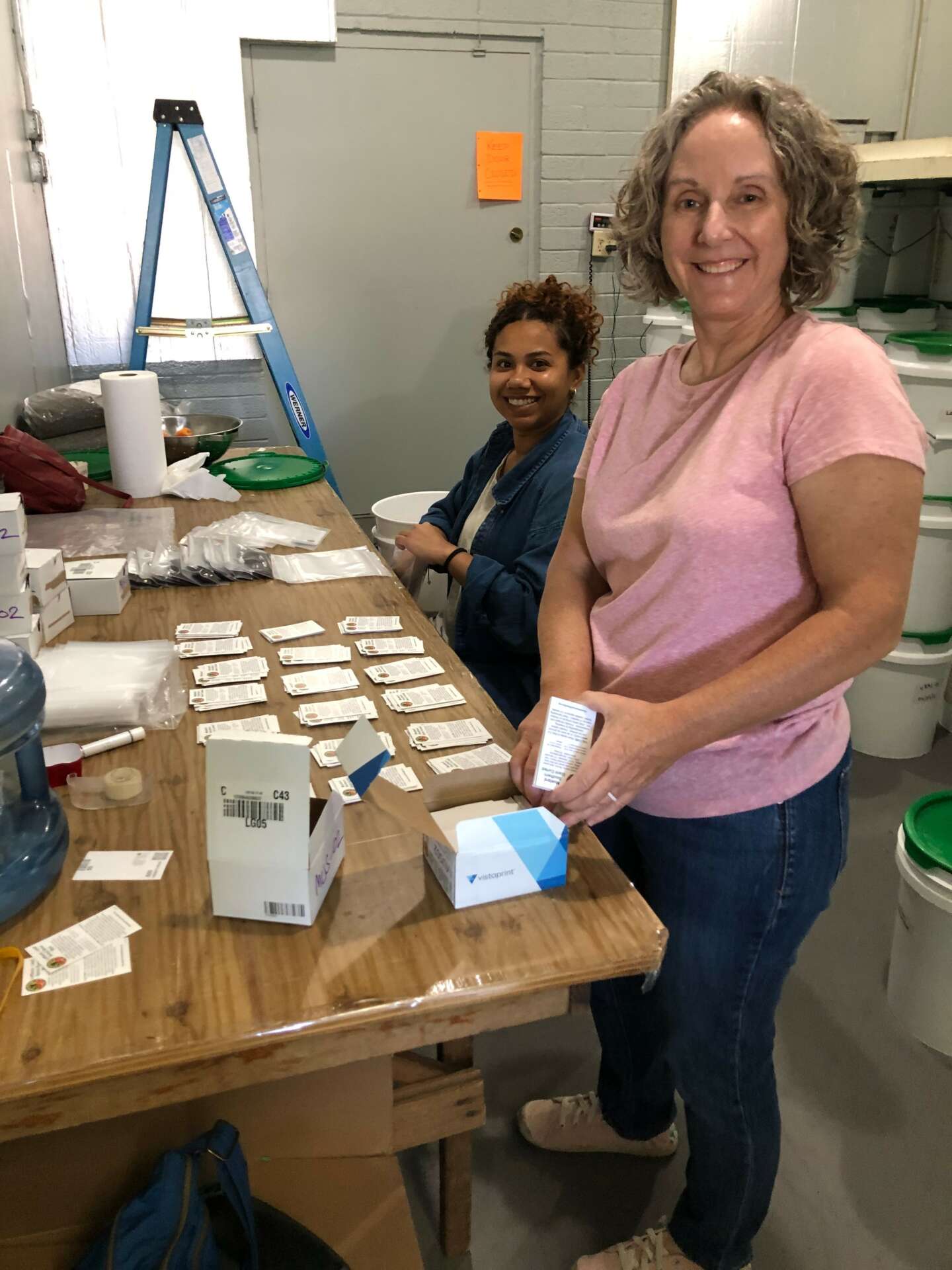
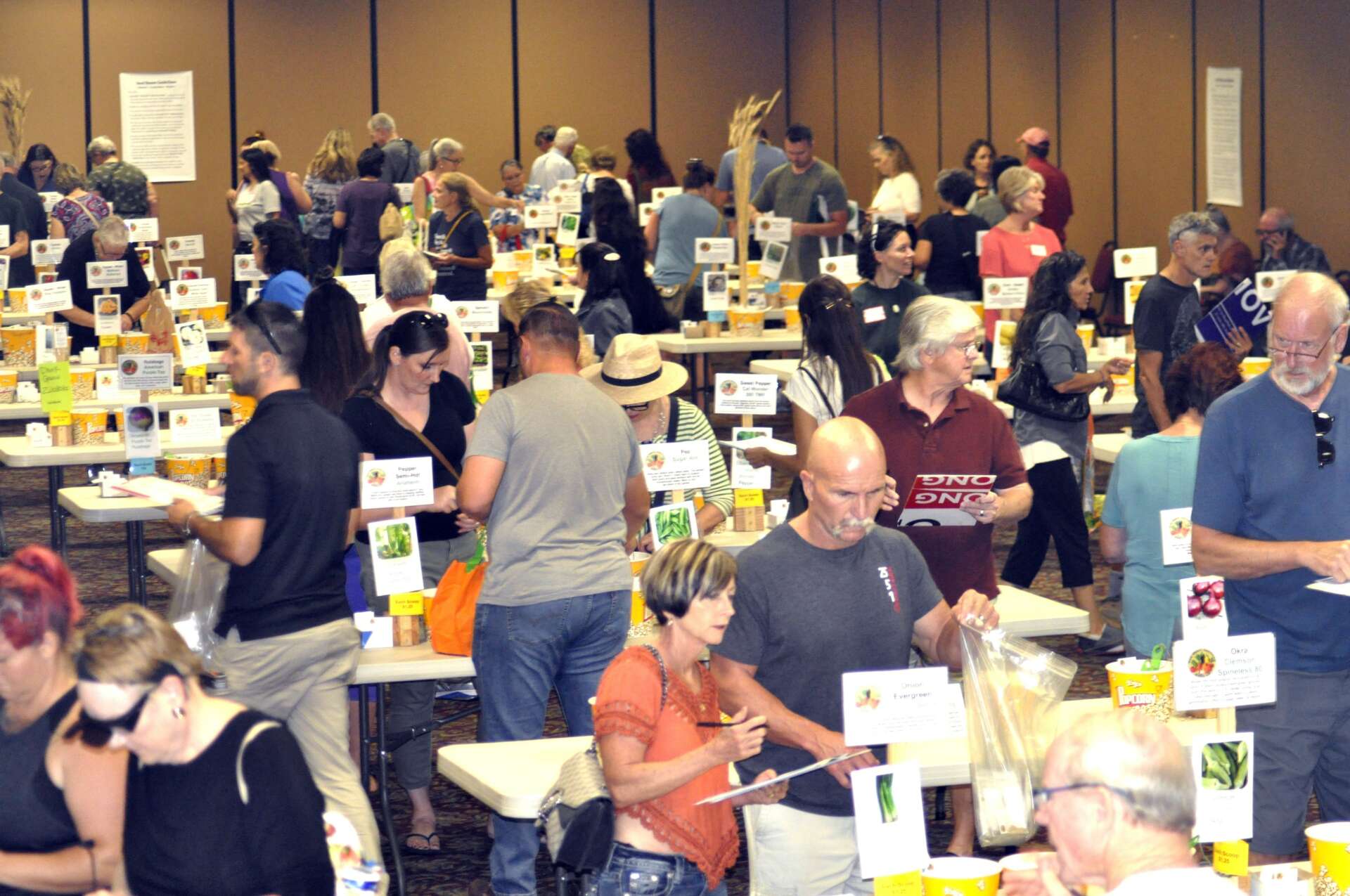
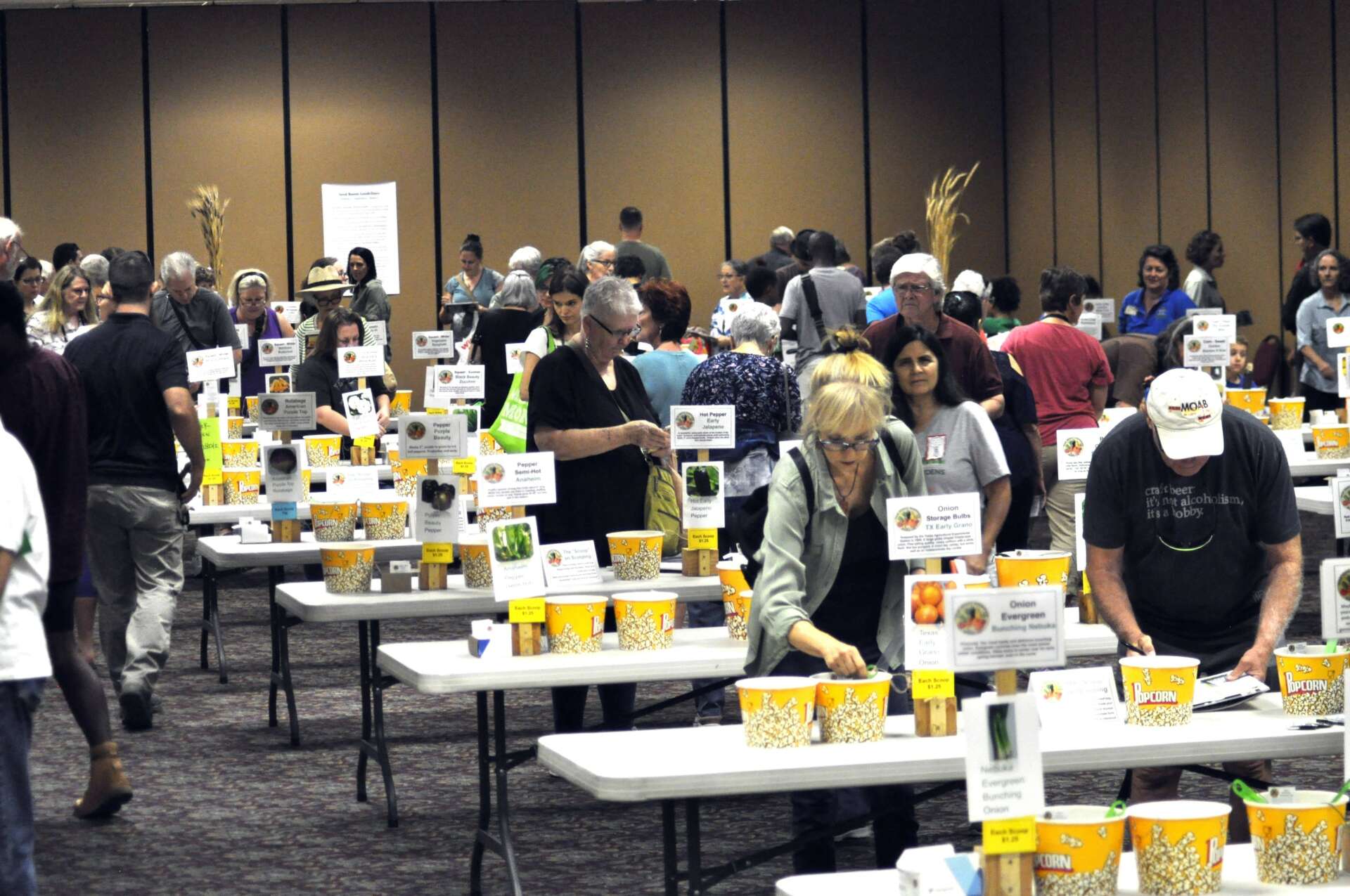
Kari, love having you share your insights with us. Before we ask you more questions, maybe you can take a moment to introduce yourself to our readers who might have missed our earlier conversations?
In 2015, 4 innovators put our heads together to make an impact on food security in Arizona. Greg Peterson of the Urban Farm, Bill McDorman and Belle Star of Rocky Mountain Seed Alliance, and I (Kari Spencer of The Micro Farm Project) Imagined gardeners and urban farmers walking into a room filled with over 100 varieties of climate appropriate seeds ready to literally be scooped up and taken home for planting or saving. We called it the resulting festival The Great American Seed Up.
The idea was to give valley residents an opportunity to learn about seed saving and then scoop as many ounces of seed as they wished to take home. The event featured a seed bazaar with bulk quantities of popular vegetable seed varieties available for purchase at bulk discounts.
Attendees were encouraged to buy and share the seeds with their neighborhood and community groups to spur local gardening and seed saving efforts.
We’d love to hear about you met your business partner.
We are a group of friends who realized we had both the opportunity and know-how to make a difference in the way food security knowledge is being shared. At the time, Greg Peterson was running The Urban Farm and starting Urban Farm U. Bill McDorman and Belle Star were running Seed School and had co-founded Rocky Mountain Seed Alliance. Kari Spencer was writing City Farming: A How -To Guide to Growing Vegetables and Raising Livestock in Urban Spaces. Having collaborated with each other on various projects over the years, we were familiar with each others’ work ethic and personalities, and were confident to form a partnership. In 2015,we gathered our skills and put together a project that has started transforming the way people grow food which we called The Great American Seed Up. The following year, we hired Janis Norton of Two Peace in a Pod to help us hone the event from an administrative standpoint. She excelled in improving the event year after year, eventually becoming a partner in 2021.
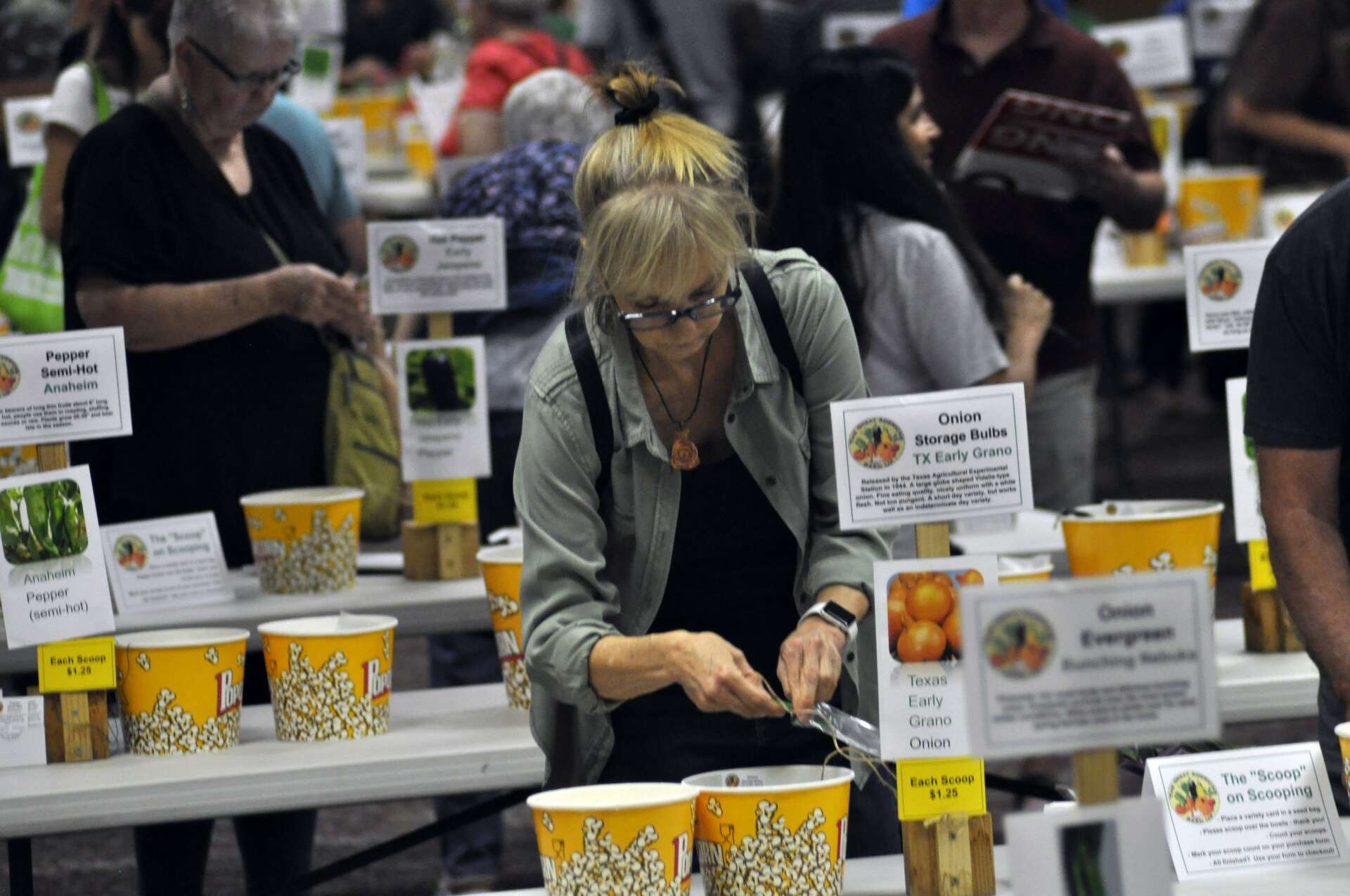
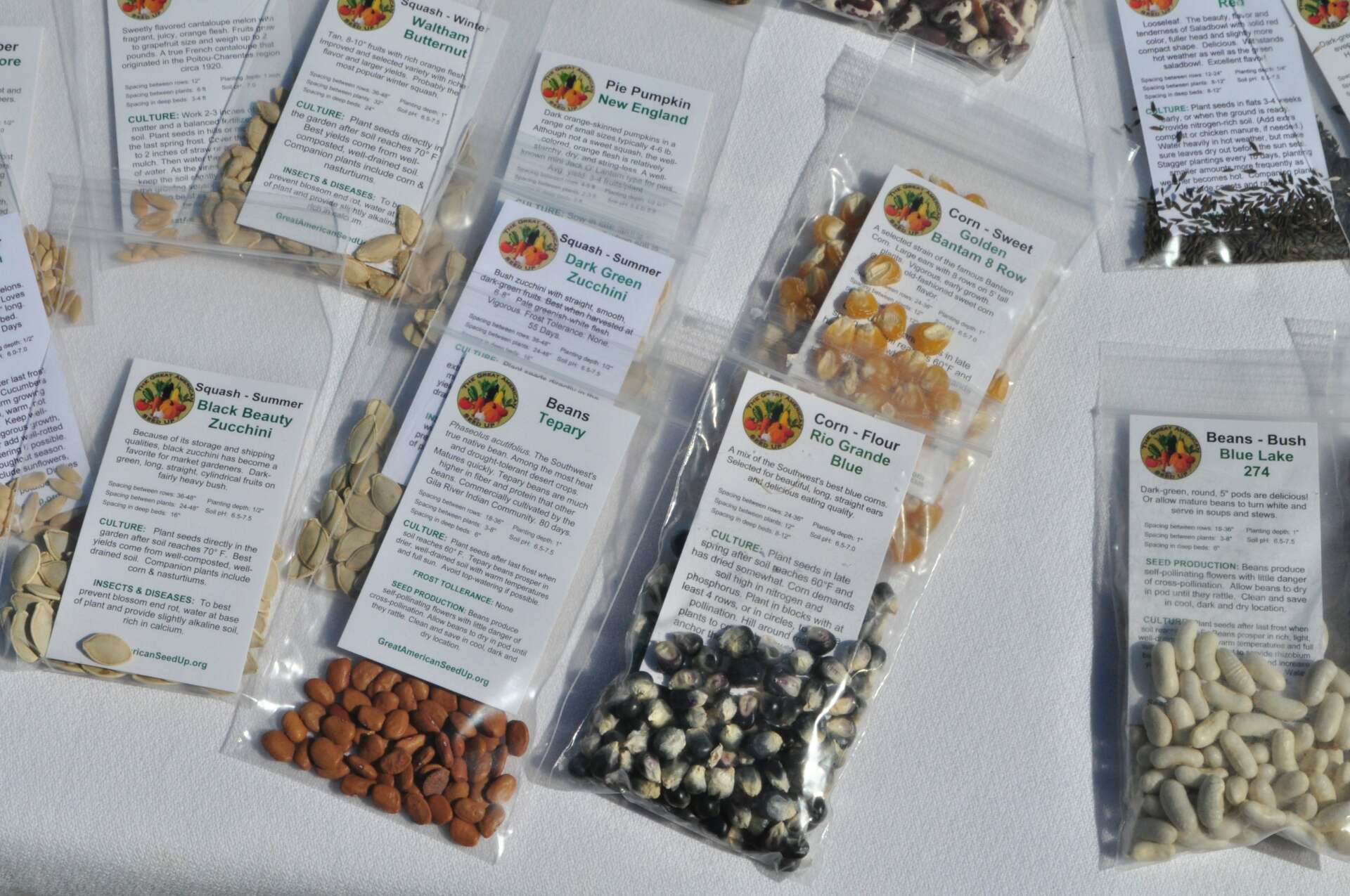
Any stories or insights that might help us understand how you’ve built such a strong reputation?
Two factors have helped to build our reputation as a trustworthy source of seeds and seed education. The first is consistency. Customers can count on our in-person events occurring year after year and that they are run professionally. Our online events happen on a regular basis, some monthly, others quarterly. Quality of our events is consistently high.
Secondly, we are generous with our customers. Whether it comes to planning events, setting prices, filling seed orders, answering questions, or providing free education, we all want to do the very best we can for the people whom we serve. When our customers spend money with us, we want to provide them with exceptional value and to show them that we appreciate their business and care about their needs.
Contact Info:
- Website: GreatAmericanSeedUp.org
- Instagram: https://www.instagram.com/greatamericanseedup/
- Facebook: https://www.facebook.com/GreatAmericanSeedUp
- Linkedin: https://www.linkedin.com/company/great-american-seed-up/


